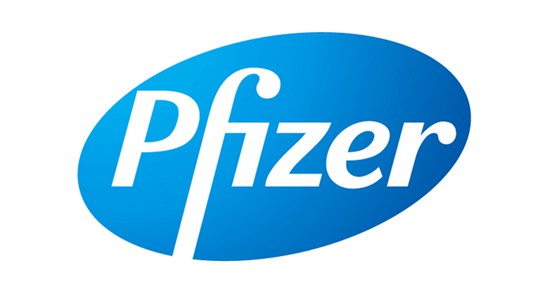
Pfizer and BioNTech have revealed early positive data from their mRNA-based COVID-19 vaccine programme, securing their place at the forefront of the global race for a successful candidate against the virus.
The preliminary data comes from the partners’ BNT162 mRNA-based vaccine programme, dubbed Project Lightspeed, which is evaluating four investigational vaccine candidates against SARS-CoV-2, the virus which causes COVID-19.
Initial clinical data for one of these candidates, BNT162b1, demonstrated that the experimental vaccine was both well tolerated and generated dose-dependant immunogenicity. This early-stage study of BNT162b1 included 45 healthy adults between the ages of 18 and 55, with participants split into three dose groups.
The preliminary clinical data evaluated 24 subjects who received two injections of 10 µg and 30 µg, and nine subjects who received two doses of placebo control, 21 days apart. In addition to the participants who received two doses, another group received a single dose of 100 µg.
The key data from the study groups was observed in all 24 participants who received two doses, 10 µg and 30 µg, of BNT162b1. According to Pfizer, elevation of RBD-binding IgG concentrations was observed after the second injection, with respective geometric mean concentrations (GMCs) in this group of 4,813 units/ml with 10µg and 27,872 units/ml with 30µg at day 28. GMC indicates the average antibody concentration for the group of subjects using the available preliminary data.
The GMC data from this cohort was reported to be eight and 46.3 times higher than the GMC in a panel of participants who had contracted the virus. For the single-dose group, the 12 participants had an RBD-binding IgG GMC of 1,778 units/ml, a figure three times higher than the GMC of the same COVID-19 comparator panel.
This data is promising, given that the GMC improved greatly upon the participant group who had contracted the virus. Aside from this data, the researchers also observed a common local reaction of injection site pain and low-grade fever which was more common after the second dose than the first dose.
“We are encouraged by the clinical data of BNT162b1, one of four mRNA constructs we are evaluating clinically, and for which we have positive, preliminary, top-line findings,” said Kathrin U. Jansen, senior vice president and head of vaccine research & development at Pfizer.
“We are dedicated to develop potentially groundbreaking vaccines and medicines, and in the face of this global health crisis, we approach this goal with the utmost urgency. We look forward to publishing our clinical data in a peer-reviewed journal as quickly as possible,” she added.
Pfizer and BioNtech initially signed a letter of intent to co-develop an mRNA coronavirus vaccine in March in all world markets outside China. The two companies had already been working together on an mRNA-based influenza vaccines as part of an agreement signed in 2018.
Pfizer said in a statement that the preliminary data, together with additional preclinical and clinical data being generated, will now be used to determine an optimum dose level and select which vaccine candidates to progress into a large, global phase 2b/3 safety and efficacy trial.




